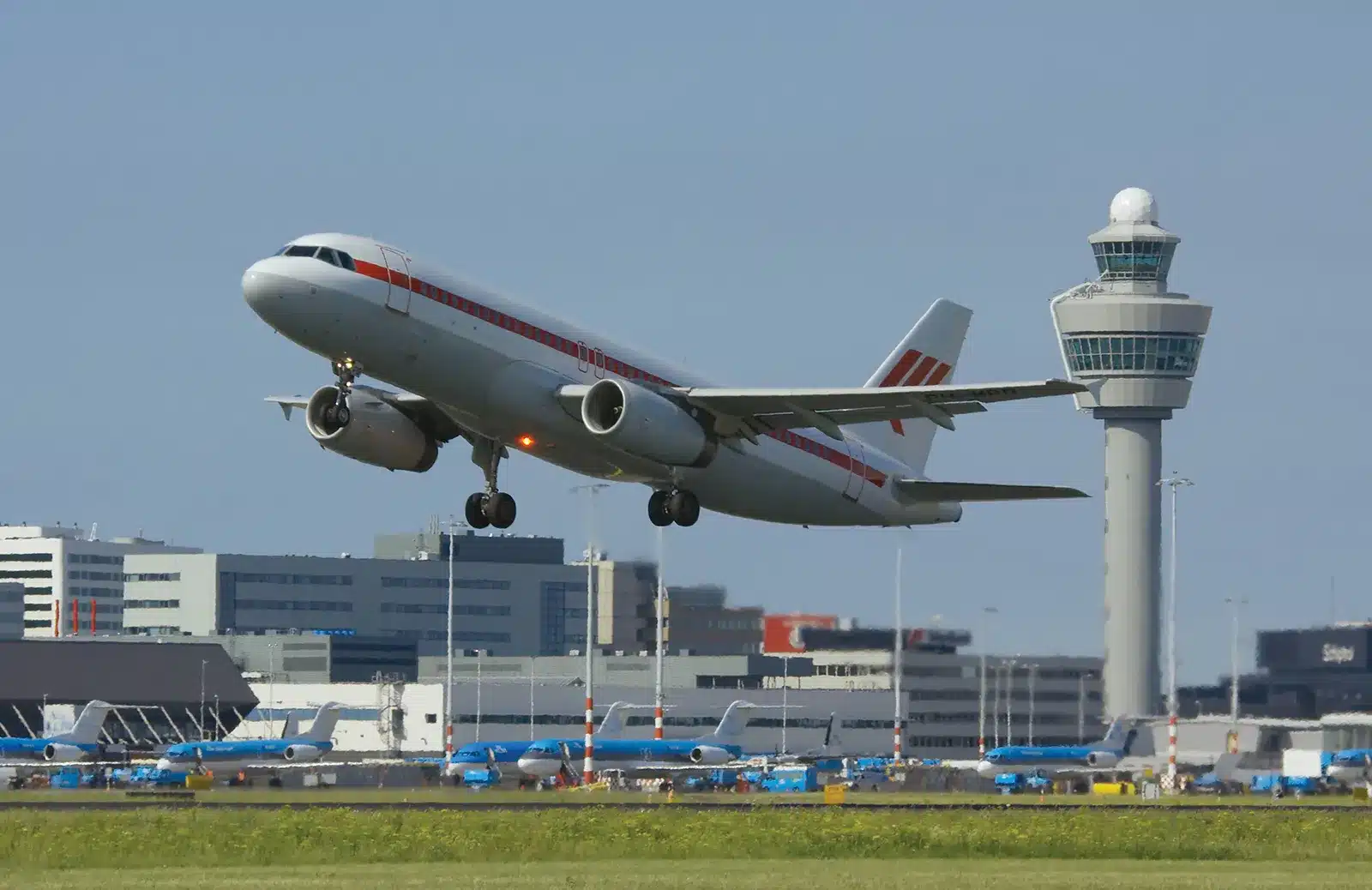Africa is gearing up to home its biggest-ever airport, valued at $7.8 billion, in the East African country of Ethiopia.
The airport, to be located in a place known as Bishoftu, will be near the capital, Addis Ababa, a statement from the country’s finance ministry revealed on Saturday.
According to the statement, the Ethiopian Airlines Group and the African Development Bank (AfDB) will partner to build the new facility, and it will host 60 million passengers by 2040.
The Ministry of Finance said both parties signed a letter of intent to provide funds for the construction.
“Ethiopia’s new international airport expansion project, spearheaded by the State-Owned Ethiopian Airlines Group, will address the fast-growing international and domestic demand for passenger and cargo services, which the current Bole International Airport cannot accommodate as it will reach its maximum capacity at the current pace of passenger growth,” the statement added.
Meanwhile, the ministry did not explicitly state the amount AfDB will commit to the project and how much will be financed by the federal government of Ethiopia.
Currently, the largest airport in Africa is O.R. Tambo International Airport in Johannesburg, South Africa, which annually hosts about 20 million passengers.
Although the second most-populated continent globally, Africa still struggles with significant infrastructure to drive trade and regional integration.
Unlike Europe and the Americas, most countries in Africa have their biggest trade partners outside their regions, with countries like China, India, the United States, and France.
This is due to inadequate infrastructure, such as limited road and rail systems, which make the movement of people and trade very expensive within the continent.
Meanwhile, some countries in Africa are making efforts to integrate through a free trade agreement known as AfCFTA, with 47 countries already signatories to the agreement, while others have yet to catch on.
Ethiopia, although a landlocked African country, is also a hotspot for commerce, industry, and tourism, making the construction of the continent’s biggest airport a significant milestone for African trade and integration goals.






